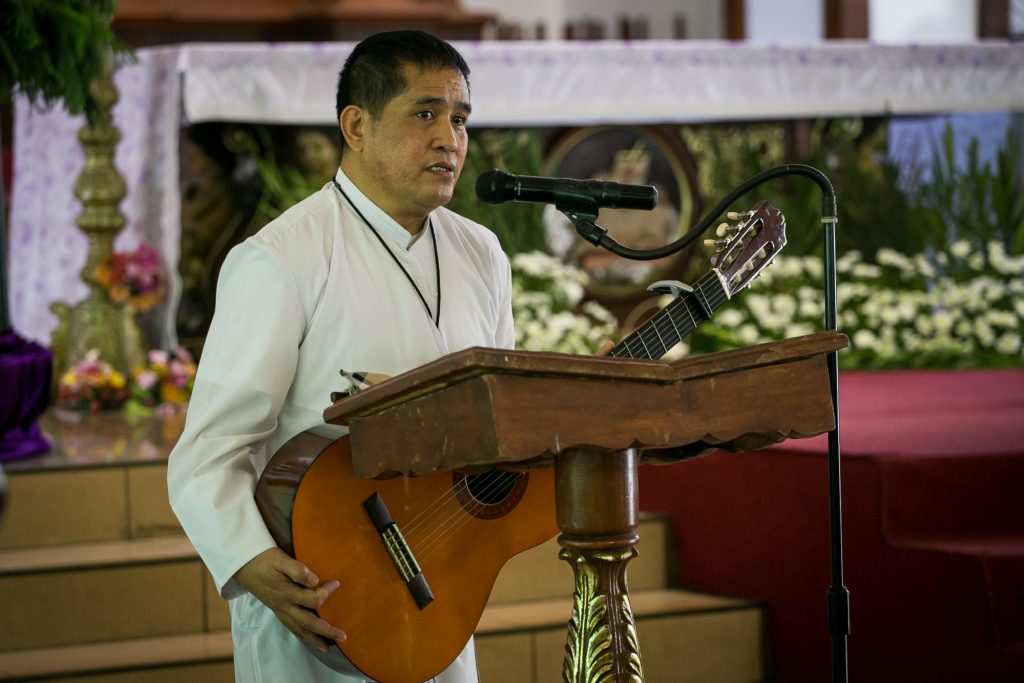
A Filipino Redemptorist priest who got his first jab of the COVID-19 vaccine on April 7 called on Filipinos not to be afraid to be inoculated.
“Let us do this not just for ourselves but for others, especially those who are most vulnerable,” said Father Oliver Castor, CSsR.
The priest qualified to receive the vaccine under category A3, or persons with comorbidities, in the priority list of the government’s vaccination program.
Father Castor suffered a mild stroke on January 7 and has been in isolation for months to avoid the risk of infection.
Vaccine hesitancy among Filipinos remains high despite the resurgence of new COVID-19 cases in the country.
In a Pulse Asia survey conducted from February 22 to March 3, at least 61 percent of respondents said “no” to getting a vaccine jab against coronavirus.
The figure is an increase from the January survey that recorded 47 percent of the total respondents who said they were unwilling to get inoculated if a vaccine was available.
The survey released on March 26 also indicated that 16 percent of the respondents would prefer to have themselves vaccinated while 23 percent said they “cannot say.”
The respondents who said they refuse to get inoculated expressed doubts about the “safety” and “effectiveness” of the vaccines.
At least 826,607 Filipinos were already inoculated with one dose of the COVID-19 vaccine since the Philippine government started the vaccination rollout on March 1.
The government aims to vaccinate at least 70 million Filipino by the end of 2021 to reach herd immunity.
The government needs to administer an average of 485,245 vaccine jabs daily to achieve the target but only an average of 23,763 was administered as of April 6.
Independent think-tank Ibon Foundation said the late rollout and slow vaccination process and not vaccine hesitancy are the reasons for the low output of the vaccination program.
Due to delays in procurement, the Philippines has been the last country in Southeast Asia to begin the vaccination program.
Source: Licas Philippines
0 Comments